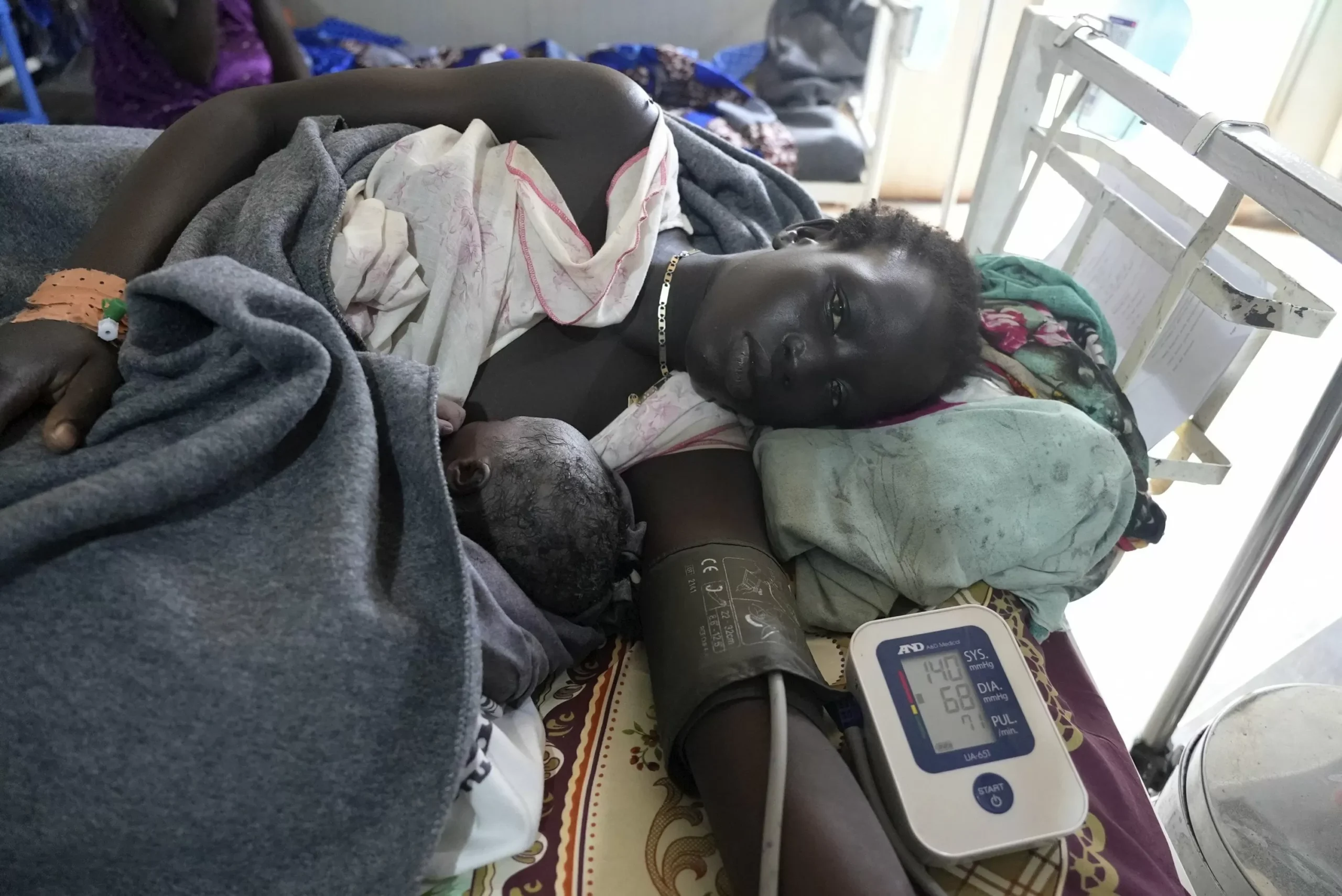Doctors Without Borders, also known as Médecins Sans Frontières (MSF), is a global humanitarian organization that provides emergency medical assistance to people affected by conflict, epidemics, disasters, or exclusion from healthcare. Founded in 1971, MSF has been at the forefront of providing essential medical care to those in need, regardless of race, religion, or political affiliation. However, in recent years, MSF has been facing a disturbing trend in South Sudan – a sharp rise in attacks on medical facilities.
In a recent statement, MSF has sounded the alarm over this alarming trend, stating that the intensity and frequency of attacks on medical facilities in South Sudan have reached an unprecedented level. These attacks not only endanger the lives of patients but also the lives of medical staff who risk their lives every day to provide essential medical care to those in need.
According to MSF, in the first six months of 2021 alone, there have been 32 attacks on medical facilities in South Sudan, more than the total number of attacks recorded in the whole of 2020. This worrying trend not only hinders the provision of essential medical care but also violates the basic human right to access healthcare.
The attacks on medical facilities have a devastating impact on the communities they serve. In South Sudan, where the healthcare system is already fragile, these attacks leave thousands of people without access to essential medical services. Patients suffering from chronic diseases, pregnant women, and children are the ones who are most affected by these attacks, as they often rely on these medical facilities for their survival.
The reasons behind these attacks vary, but they are often linked to the ongoing conflict in South Sudan. In many cases, medical facilities are caught in the crossfire, making them vulnerable to attacks. Moreover, the lack of respect for the neutrality of medical facilities and the lack of consequences for those responsible for these attacks further exacerbates the situation.
MSF is deeply concerned about the safety of its staff and their ability to continue providing essential medical care in South Sudan. In response to these attacks, MSF has had to temporarily suspend its activities in some areas, leaving thousands of people without access to healthcare. This is an unacceptable situation, and urgent action needs to be taken to ensure the safety of medical facilities and their staff.
MSF is calling on all parties involved in the conflict to respect the neutrality of medical facilities and to stop attacking them. It also urges the government of South Sudan to take immediate action to ensure the protection of medical facilities and their staff. Furthermore, MSF is calling on the international community to put pressure on all parties involved to end these attacks and to hold those responsible accountable for their actions.
Despite the challenges and risks, MSF remains committed to providing essential medical care to the people of South Sudan. Its dedicated medical staff continues to work tirelessly to save lives and alleviate suffering. However, they cannot do it alone. It is the responsibility of all parties involved to ensure the safety and protection of medical facilities and their staff.
In the face of these attacks, MSF’s commitment to providing life-saving medical care has never wavered. It is a testament to the organization’s unwavering dedication to its core principles of neutrality, impartiality, and independence. MSF’s work is a shining example of the power of humanity and compassion in the face of adversity.
In conclusion, the sharp rise in attacks on medical facilities in South Sudan is a cause for grave concern. These attacks not only endanger the lives of patients but also the lives of medical staff who risk their lives every day to provide essential medical care. It is imperative that all parties involved take immediate action to ensure the safety and protection of medical facilities. MSF’s work in South Sudan is crucial, and it is our collective responsibility to support and protect their efforts to deliver vital medical care to those in need.






![Complete BritRail Pass Guide [Types, How to Use It, Pros + Cons]](https://inside-news.uk/wp-content/uploads/2025/06/00221EB4-BCA2-4DBB-6CD4-83DBC37D71FA-120x86.webp)













